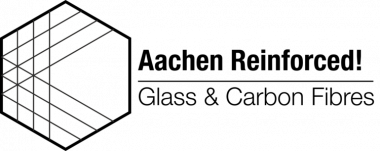Target climate neutrality: Lenzing invests EUR 200 mn in Asia
- CO2 emissions will be reduced by 320,000 tons per year
- First supplier of wood-based cellulosic fibers in China to completely eliminate coal
- Share in eco-responsible specialty fibers will be significantly increased
- Lenzing is strategically well on track with these investments
The Lenzing Group, the leading global supplier of wood-based specialty fibers, will invest more than EUR 200 mn in its production sites in Purwakarta (Indonesia) and Nanjing (China) to convert existing standard viscose capacity into environmentally responsible specialty fibers.
In Nanjing (China) Lenzing will establish the first wood-based fiber complex in China that is independent from coal as an energy source. By using natural gas based cogeneration, Lenzing will reduce CO2 emissions at the site by more than 200,000 tons. At the same time a line of standard viscose will be converted to a 35.000 tons TENCEL™ branded modal fibers line making Lenzing (Nanjing) Fibers Co., Ltd a 100 percent wood-based specialty fiber site by the end of 2022.
In Purwakarta (Indonesia), Lenzing will reduce its CO2 emissions by increasingly using biogenic fuels. Additional investments to reduce emissions to air and water will make this facility fully compliant with the EU Ecolabel by the end of 2022. That will allow converting standard viscose capacity into LENZING™ ECOVERO™ branded fibers for textile applications as well as LENZING™ Viscose Eco fibers for personal care and hygiene applications. As a result, the site in Indonesia will also become a pure specialty viscose supplier as of 2023.
Both investments are fully in line with Lenzing’s target to reduce its greenhouse gas emissions per ton of product by 50 percent by 2030. By avoiding or reducing the use of fossil fuels at the two sites, the Lenzing Group will be able to reduce CO2 emissions by more than 320,000 tons in total, or 18 percent, compared to 2017. In addition, this investment allows Lenzing also to reduce its total sulfur emissions by more than 50 percent, compared to 2019.
Together with its major lyocell fiber project in Thailand, Lenzing will also boost its share in specialty fibers as a percentage of fiber revenues to well above the targeted 75 percent already by 2023, which in turn is an important step towards achieving the company’s EBITDA target of EUR 800 mn by 2024.
Lenzing AG









